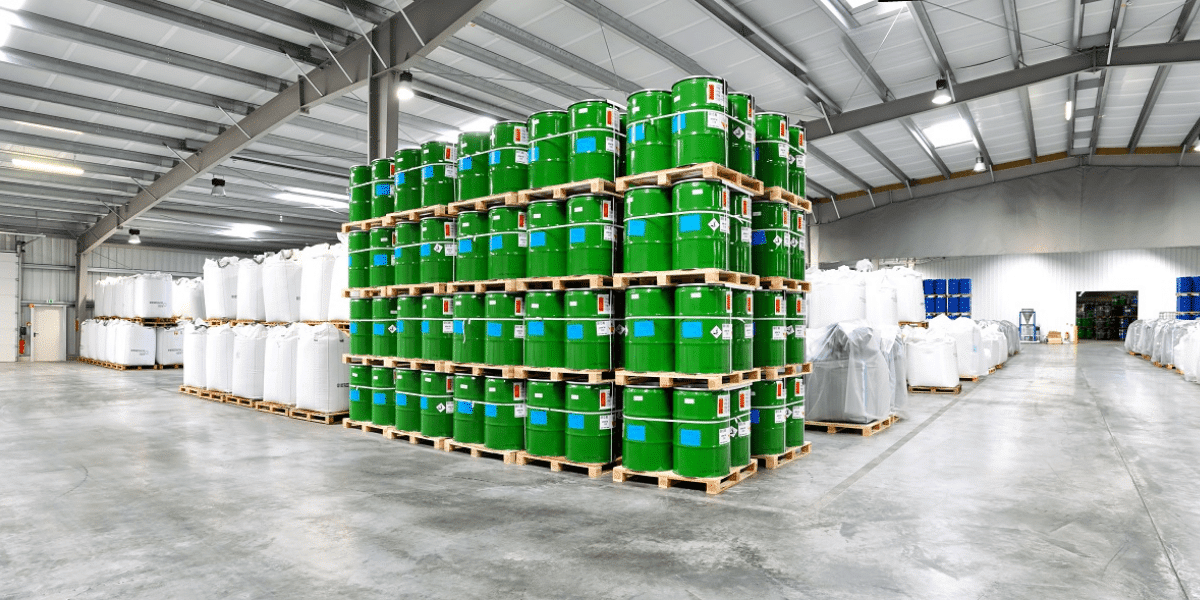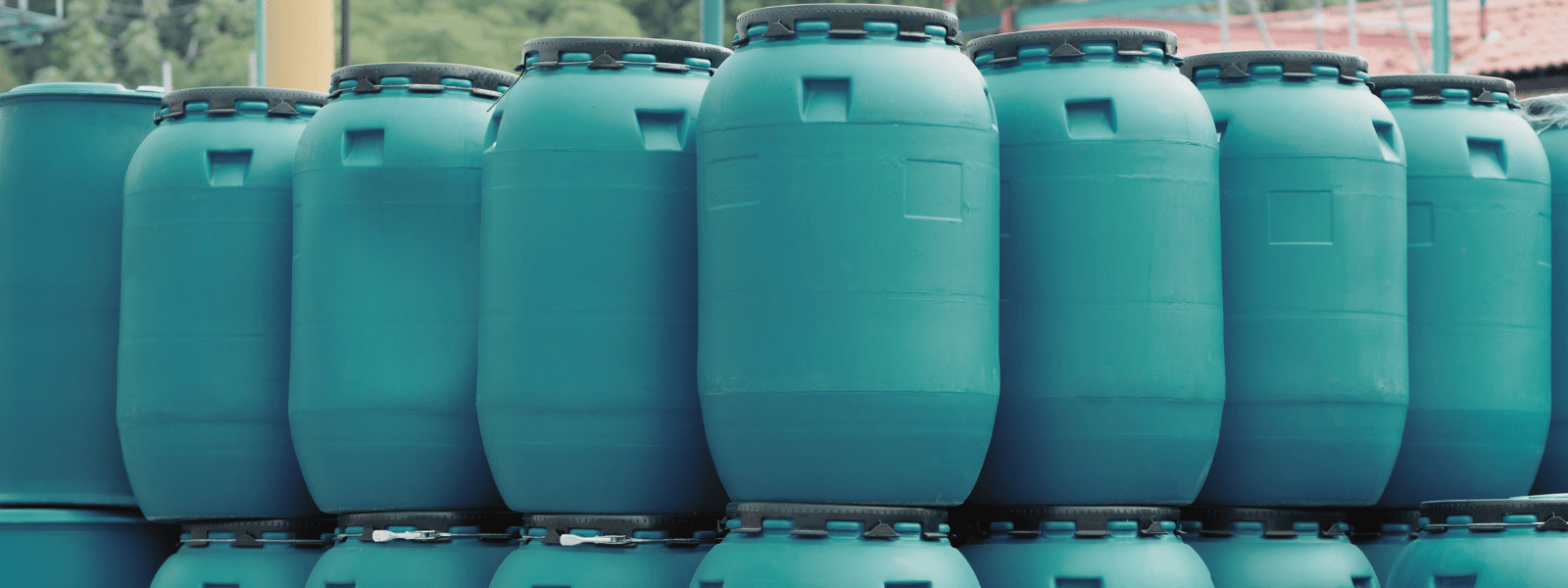Trichloroethylene, commonly referred to as TCE, is a popular halocarbon industrial solvent. The chemical is utilized in a variety of industrial applications and is extremely useful.
But while TCE is a popular choice for a solvent, it does not come without its risks.
Read on to learn more about the uses of trichloroethylene and the dangers associated with this chemical.
Trichloroethylene Explained
As previously mentioned, TCE is used for several industrial applications. Here are some of the most popular uses for this solvent:
Degreasing – TCE is primarily used in cleaning and degreasing processes due to its ability to effectively dissolve grease and oils. The solvent is a particularly popular option for vapor degreasing, as its non-flammability and high boiling point allow it to remove stubborn debris.
Extraction processes – TCE is sometimes used as an extraction solvent for oils and waxes.
Additive – This solvent is occasionally added to certain types of adhesives, paint removers, and paint thinners. It is also present in certain household products, such as cleaning wipes and carpet cleaners.
Refrigerant manufacturing – trichloroethylene is also utilized to produce hydrofluorocarbon (HFC) refrigerants.
Those who may be researching trichloroethylene will most likely come upon multiple articles and studies discussing the hazards associated with it. In recent years, companies have been replacing TCE with safer alternatives because of the negative health effects it has caused to workers:
- It is a known carcinogen, having been shown to potentially cause liver cancer, kidney cancer, and lymphoma.
- Moderate exposure levels can cause nausea, headaches, dizziness, or confusion.
- High levels of exposure can cause kidney/liver damage, nerve damage, coma, permanent cardiac issues, reproductive damage, and even death.
On top of these health hazards, trichloroethylene is known to contaminate various drinking water sources throughout the country. It can leak from industrial storage tanks and seep into groundwater, where it is not able to evaporate. This means that it can potentially cause these negative health effects in unsuspecting people, particularly those living near facilities that use the solvent.
Luckily, safer options are now readily available to effectively replace TCE. Not only are a majority of these alternative solvents worker-friendly, but they are also biodegradable, low VOC, and cheaper.
Interested in TCE Replacement Chemicals?
Ecolink provides high-quality industrial chemicals with the focus of ensuring the protection of workers and the environment. You can begin shopping for our products here, or contact our experts here for help finding the best product for your business!















